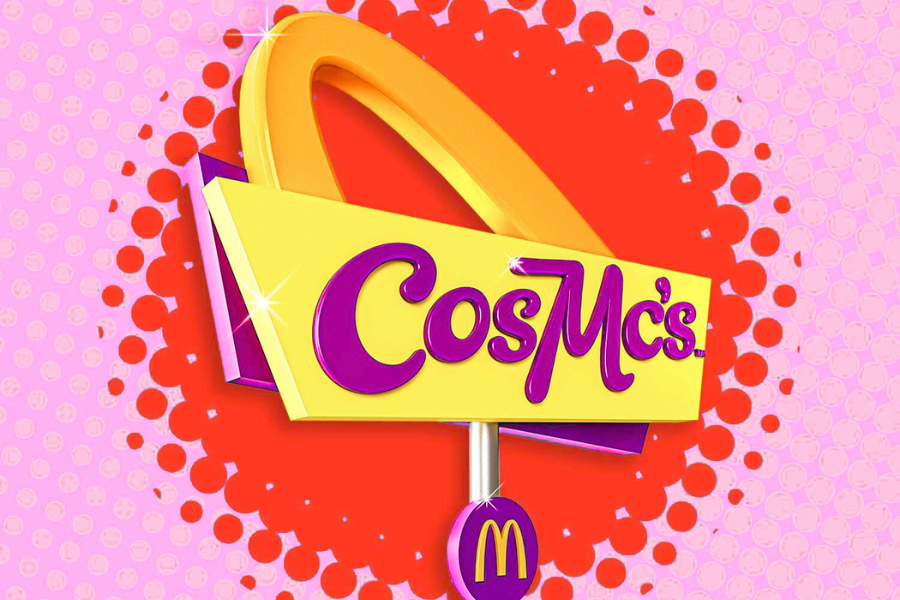It’s difficult to carve out your own identity when everything you represent and accomplish is shadowed by your family’s legacy. For singer-songwriter Noah Cyrus, it’s her last name that puts her on a pedestal, a confinement she’s had difficulties with breaking in the past. Being the youngest daughter of country icon Billy Ray Cyrus and sibling of pop star Miley Cyrus, Noah tried a variety of musical genres, trying to find her own identity. While best known for her melancholic pop singles like “Make Me” and “July,” she revisits her roots of Nashville with her latest EP “People Don’t Change,” which captures the more soulful aspects of her voice and the Americana style music that hits home for her.
The EP which consists of six songs, was made in collaboration with Australian writer and producer PJ Harding, who previously worked with Cyrus on her hit single “July.” While the overall run time of about 17 minutes is relatively short, the songs bask in their simplicity as they look to communicate something more intrinsic and vulnerable. Cyrus and Harding provide acoustic vocals with a southern twang, accompanied by sparse soulful melodies that make each song simply comfortable to listen to. It’s not music meant for driving, dancing, or even crying, but it has its moments that could be appropriate for each.
The first track “Dear August,” is by far the most relatable and even nostalgic in a sense. The trio of Cyrus, Harding, and guitar, produces music that is almost too perfect of a fit to not be explored in later projects. Cyrus and Harding’s vocals contrast one another in their smoothness and power, but instead of unintentionally undermining each other, it creates a harmony that captures heart and hope. The lyrics are nuanced, and the chorus is also catchy enough to sing along to subconsciously. Lyrics like “tell me that there’s light at the end of all this starless night” really highlight the sadder undertones that Cyrus’s being is beginning to adopt with every song she releases.
These melancholic moments are a common similarity throughout all the songs, as seen in “Cannonball” where the duo sing about “cold indifference” and “bitterness.” The uniqueness of “Cannonball” doesn’t necessarily stem from the amazing vocals that were displayed in earlier tracks, but it comes from the powerful writing, where each word finds purpose and touches a different part of the heart. Lyrics like “boys can be poison and still be rose-scented” show how Cyrus and Harding are also great writers, and that the words sung are just as important as the music that sings it.
The other songs in the EP also have varying shades of melancholic elements and strong lyrics, but not to the extent of “Dear August” and “Cannonball.” “You Belong to Somebody Else,” is the most lamentable song on the EP, and would have been the perfect crying song, but the melody takes a weird upbeat tone shift after the first chorus, leaving emotionally heavy lyrics behind an almost gleeful country melody. “Slow Train Comin” had a strong chorus, but the cadences in between were lacking in content and effort, and was overall too vague to be listened to twice. “The Worst of You” and “The Best of You” seemed to just be reiterations of other songs on the EP, and struggled to share something that hasn’t already been sung.
Noah Cyrus’s “People Don’t Change” isn’t the perfect EP, but it’s a step in the right direction to finding the type of music she truly embodies. Perhaps it’s not the overproduced pop or EDM collaborations she’s found success with in the past, but she’s shown her ability to execute good music in a variety of genres, now marking Americana country off her list. If Cyrus continues to create relatable, soulful, and melancholic music, it wouldn’t be a surprise if she becomes a household name, known separately from just her family. Gentle and stripped back “People Don’t Change” represents an impressive chapter in the youngest Cyrus’s ever-changing story.
Rating: B






















